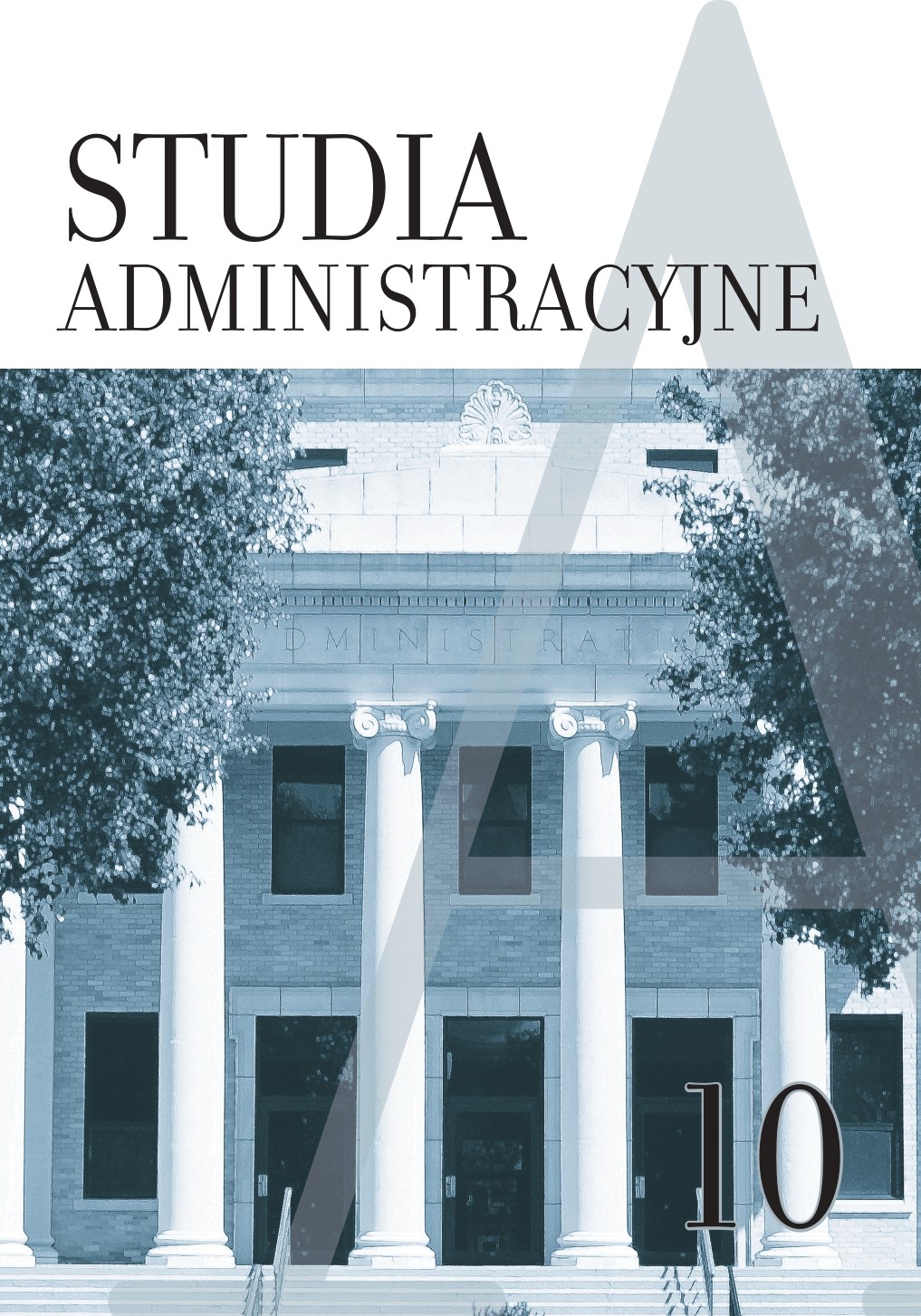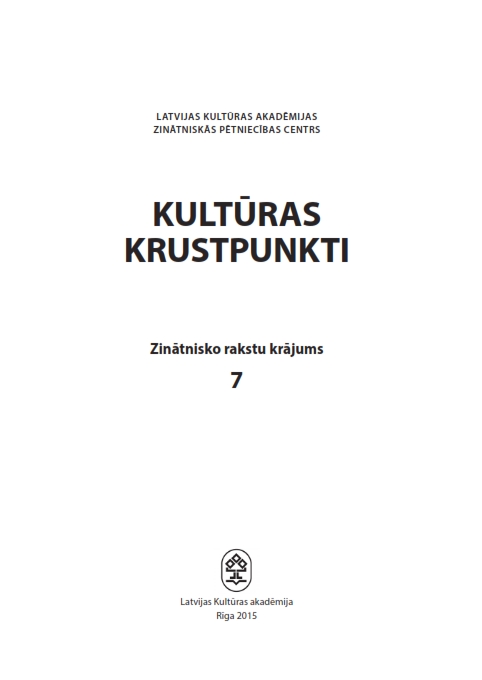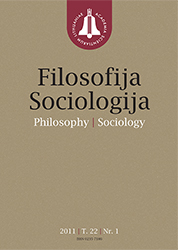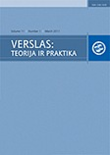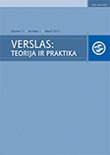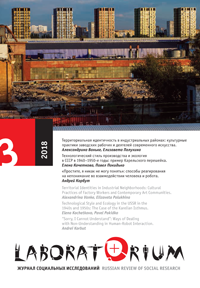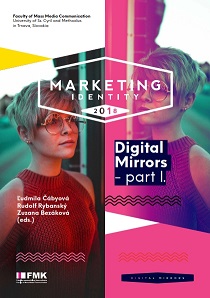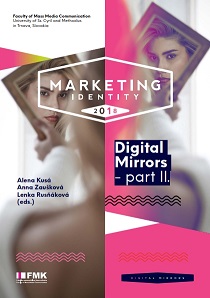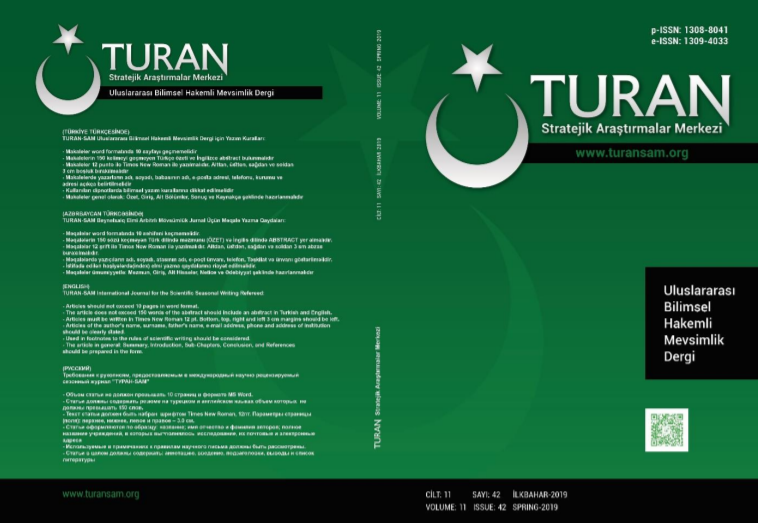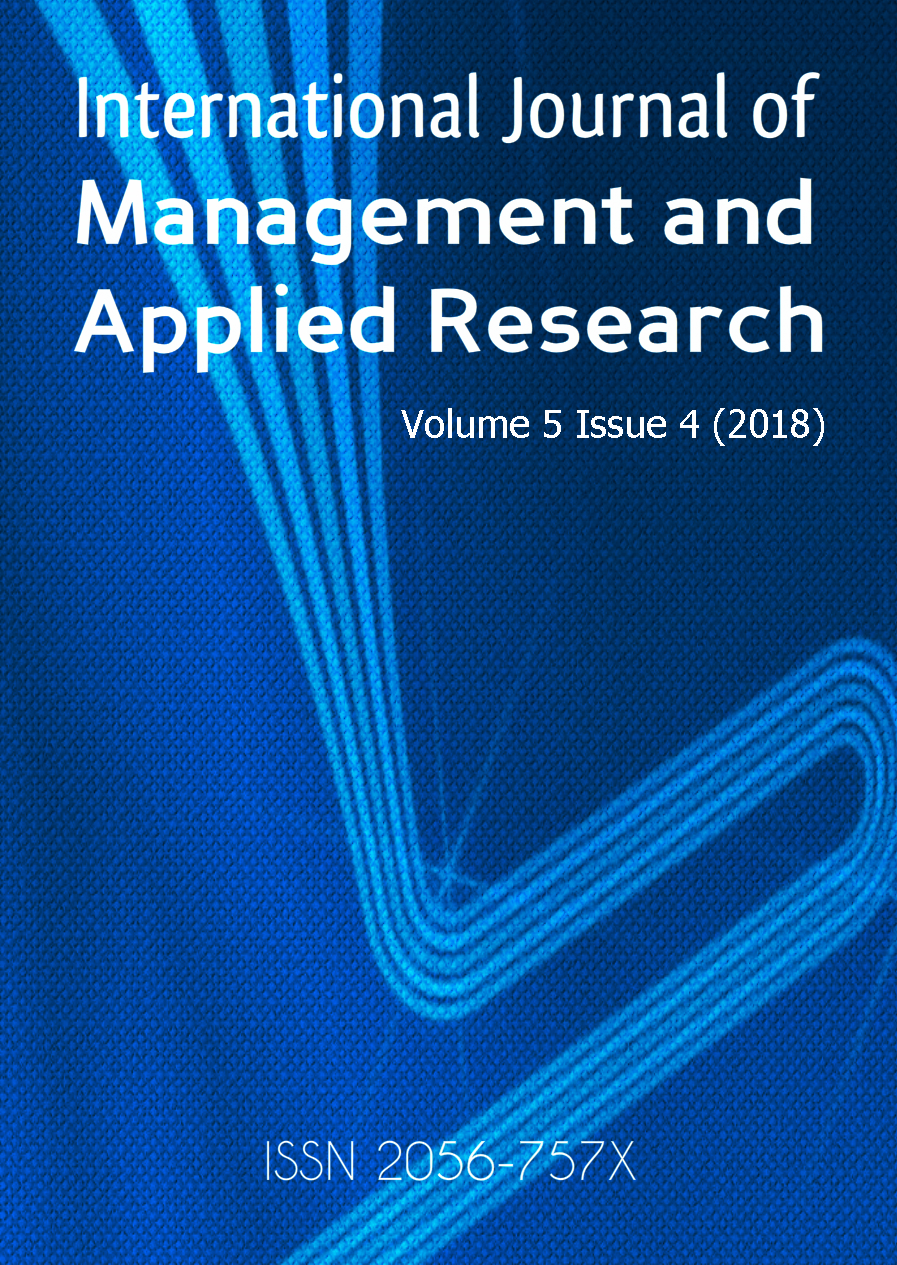
LEGO®, Learning And Facilitation: A Reflective Approach
The aim of the paper is to capture my reflection after facilitating two LEGO® workshops in a summer school for Entrepreneurship organised by Democritus University of Xanthi (Greece) and Nottingham Business School-Nottingham Trent University (United Kingdom), in Xanthi. The reflection is based on an integrated approach of Gibbs’ reflecting cycle and includes three factors, LEGO®, learning, and facilitation. Each one of them corresponds with the material used, the process and the result of learning, as well as the facilitation process. The main conclusions reached are that LEGO® bricks can be transformed into bridges; bridges with the Self, with the Other, with the group, with ideas and concerns, with creativity, learning and reflection. They can establish multiple dialectical schemata embedded with personal experiences, feelings and subjective meaning.
More...
